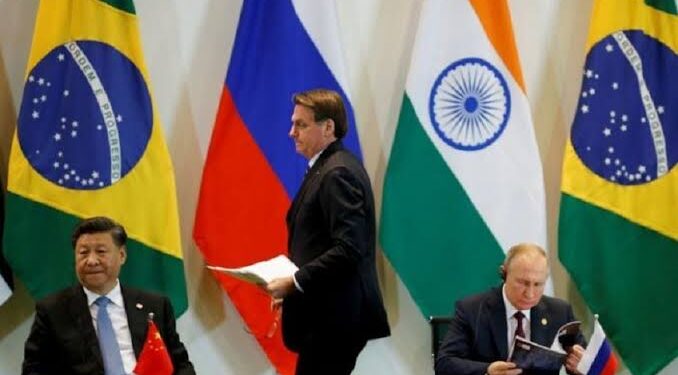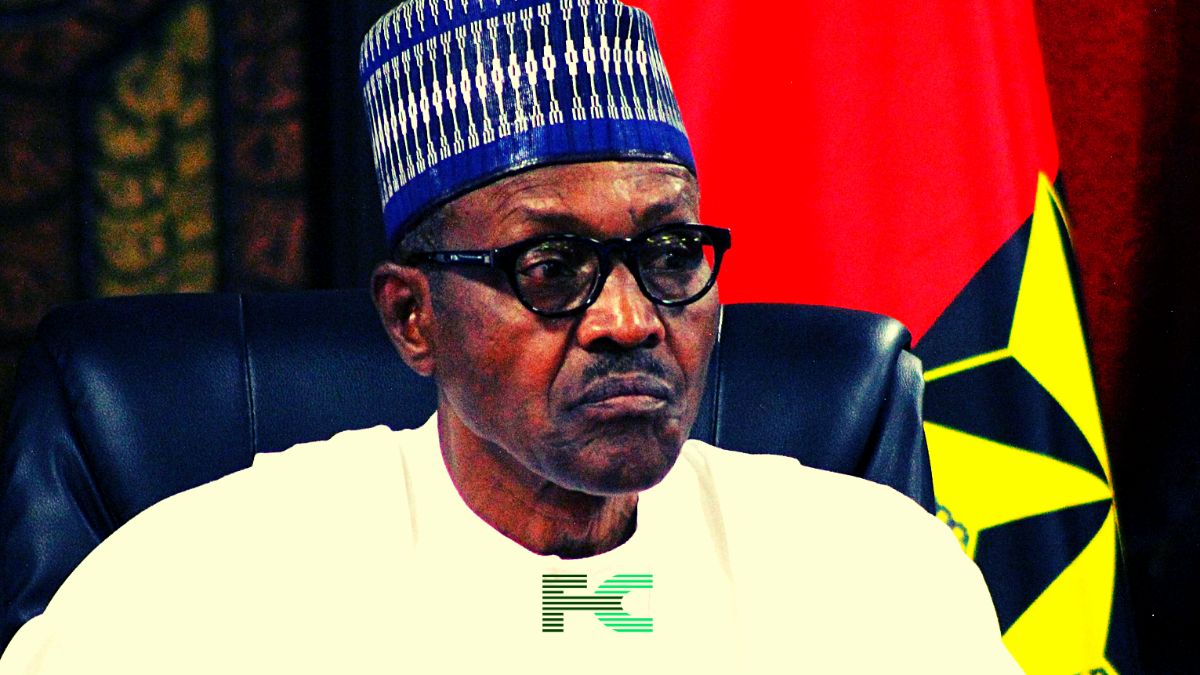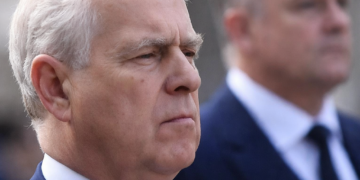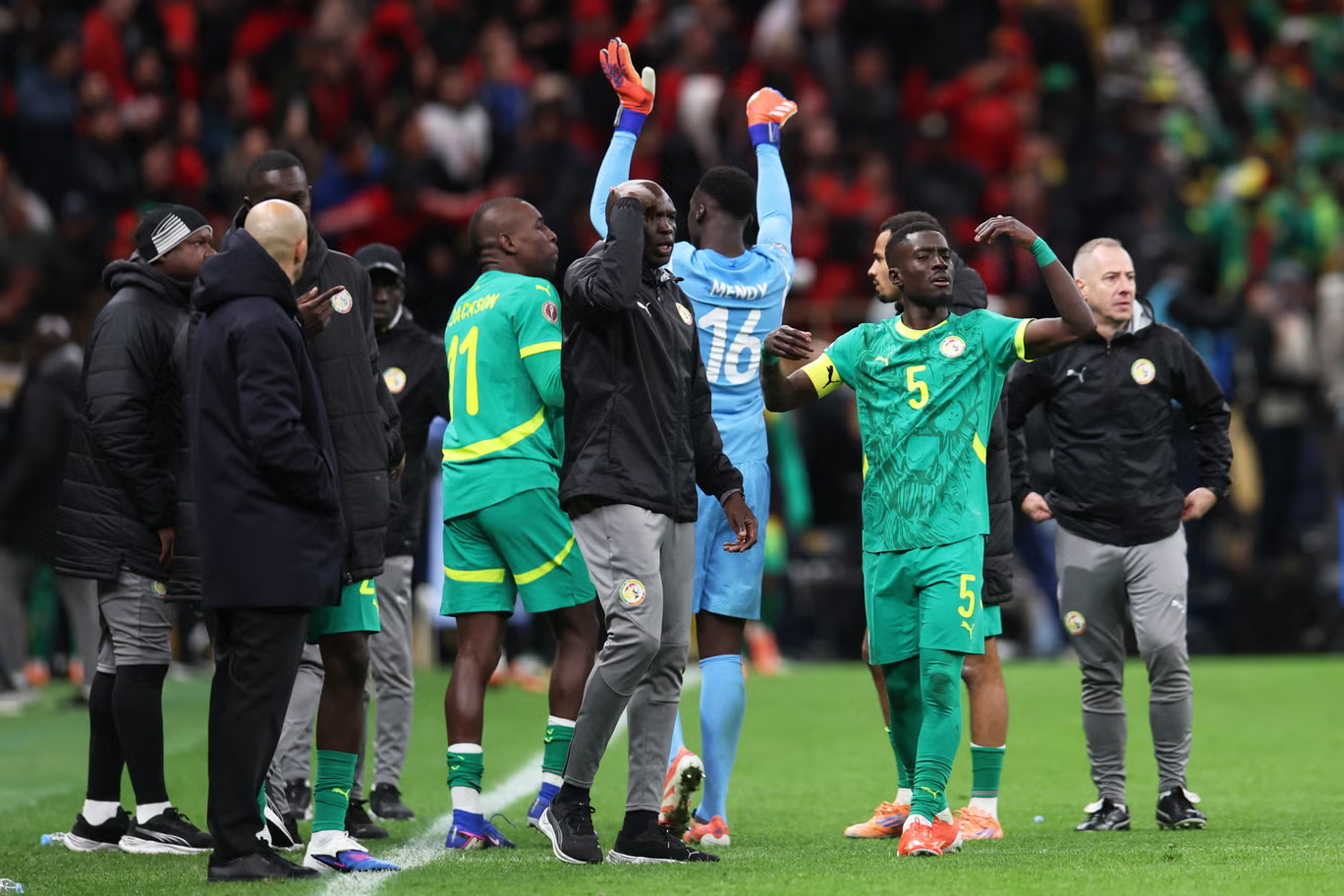Russia, currently chairing the BRICS community, has called on its partners to explore the possibility of creating an alternative to the International Monetary Fund (IMF) and the World Bank. This new institution would serve the specific interests of the BRICS countries. Originally consisting of Brazil, Russia, India, and China, BRICS has expanded to include South Africa, Ethiopia, Egypt, Iran, the United Arab Emirates, and Saudi Arabia, now representing about 37% of the world’s economy.
Russia’s Proposal at BRICS Meeting
Russian Finance Minister Anton Siluanov introduced this proposal during a meeting of top BRICS finance and central bank officials in Moscow this week. He criticized the existing global financial institutions, stating, “The IMF and the World Bank are not performing their roles. They are not working in the interests of BRICS countries.” This critique is largely rooted in the ongoing political tension between Russia and Western countries.
Since the beginning of the war in Ukraine, tensions between Russia and the West have escalated, impacting Russia’s access to global financial systems. Western sanctions, imposed after Russia’s invasion of Ukraine in February 2022, have frozen Russia’s forex reserves in dollars and euros, cutting the country off from international capital markets.
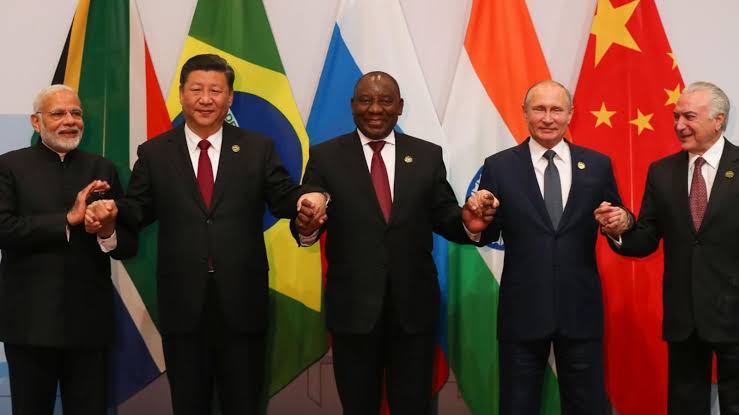
Calls for New Institutions
Siluanov emphasized the need for new financial institutions within the BRICS community, similar to the Bretton Woods institutions, but designed to operate independently of Western influence. “It is necessary to form new conditions or even new institutions… within the framework of BRICS,” he stated during the event.
Russia has also faced difficulties in conducting international transactions with BRICS member countries, as banks in these nations fear potential punitive actions from Western regulators. This has underscored the urgency of creating a financial system that can operate without reliance on Western-dominated systems.
Existing BRICS Financial Efforts
To date, the BRICS countries have established the New Development Bank, created in 2015 to finance infrastructure and sustainable development projects within BRICS members and other emerging economies. However, progress on integrating member countries’ financial systems has been slow. Russia’s central bank Governor, Elvira Nabiullina, has previously proposed a BRICS Bridge payments system to link the financial systems of member nations, though this has yet to materialize.
Why it matters
Establishing a BRICS financial system could significantly strengthen the community’s independence from the West, potentially deepening the divide between the two global blocs. The ongoing tension between Russia and the West, especially following the Ukraine conflict, has motivated Russia to seek alternatives to Western financial systems. A BRICS alternative to the IMF and World Bank could further solidify Russia’s ability to resist Western pressure, particularly regarding the war in Ukraine. This potential financial rift may become a new battleground between the West and BRICS, as each side seeks to protect its economic and geopolitical interests.
Conclusion
Russia’s push for a BRICS alternative to the IMF and World Bank signals a broader strategy to reduce dependency on Western-controlled institutions. As the BRICS community expands its global economic footprint, creating a new financial system could reshape global financial dynamics, possibly escalating tensions between the West and BRICS. The outcome of these proposals will likely have far-reaching implications for international finance and global political alliances.

